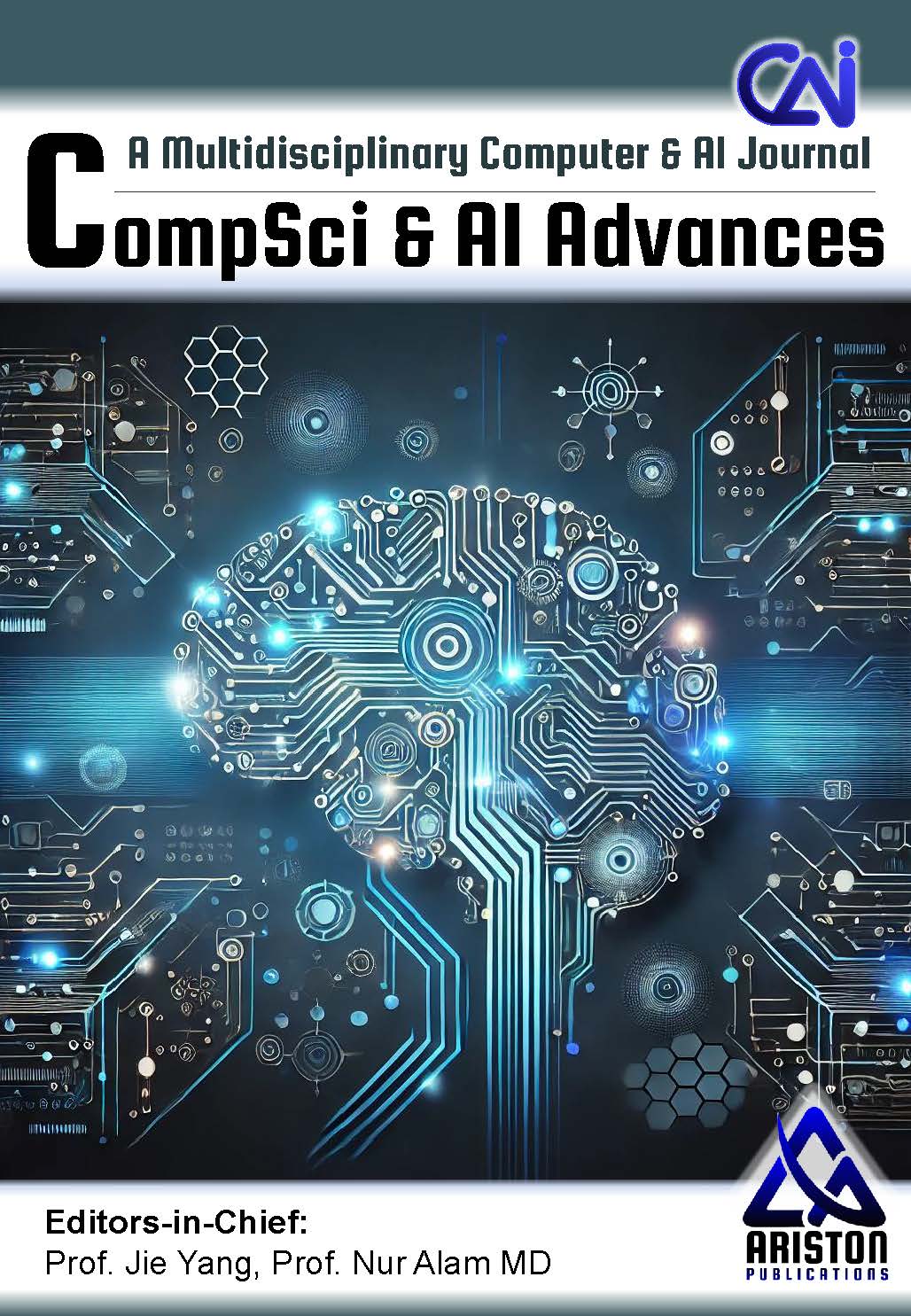Saravanan Kandaneri Ramamoorthy, Praveenkumar Babu, S.Sakena Benazer
1 College of Non-Medicine University: Texila American University, Guyana, South America.
2 Department of Electronics and Communication Engineering, SRM Institute of Science and Technology, Ramapuram, Chennai, India
3 Computer Engineering Department, Noble University, Junagadh, Gujarat, India
* Author to whom correspondence should be addressed:
sakenabenazer@gmail.com (S.Sakena Benazer)
ABSTRACT
As the healthcare industry continues to evolve, the need for more efficient and accurate systems for managing and analyzing patient data becomes increasingly urgent. Traditional health information systems struggle to keep up with the growing complexity and volume of healthcare data. This paper introduces a groundbreaking deep learning-based framework, HealthAI, which integrates advanced artificial intelligence (AI) techniques to enhance healthcare systems. By leveraging deep learning methods, HealthAI is capable of analyzing diverse data sources, such as electronic health records (EHR), medical imaging, wearable devices, and genetic information, to provide actionable insights. These insights support a wide range of healthcare applications, including predictive analytics, personalized treatment plans, and real-time clinical decision-making. Early trials have demonstrated the system’s potential to reduce diagnostic errors, enhance patient outcomes, and streamline healthcare operations. This paper outlines the architecture, implementation, and potential applications of HealthAI, positioning it as a pivotal advancement in modern healthcare systems.

Significance of the Study:
HealthAI marks a pivotal shift in healthcare, leveraging deep learning to enhance decision-making, tailor treatments, and uncover previously unseen data patterns. Its potential to improve diagnostic accuracy, patient care, and operational efficiency addresses critical challenges in healthcare. Moreover, HealthAI promotes proactive and patient-centered healthcare, fostering trust and improved outcomes. By addressing ethical and data security concerns, it offers a path toward creating an equitable, efficient, and innovative healthcare ecosystem for all.
Summary of the Study:
This paper introduces HealthAI, a revolutionary deep learning-based framework for healthcare systems. By integrating advanced AI techniques, HealthAI analyzes diverse data sources, including EHRs, medical imaging, wearable devices, and genetic information. It provides actionable insights for predictive analytics, personalized treatment plans, and real-time clinical decision-making. Early trials demonstrate its potential to reduce diagnostic errors, improve patient outcomes, and streamline operations. The study details HealthAI’s architecture, implementation, and applications, positioning it as a transformative advancement in modern healthcare.
